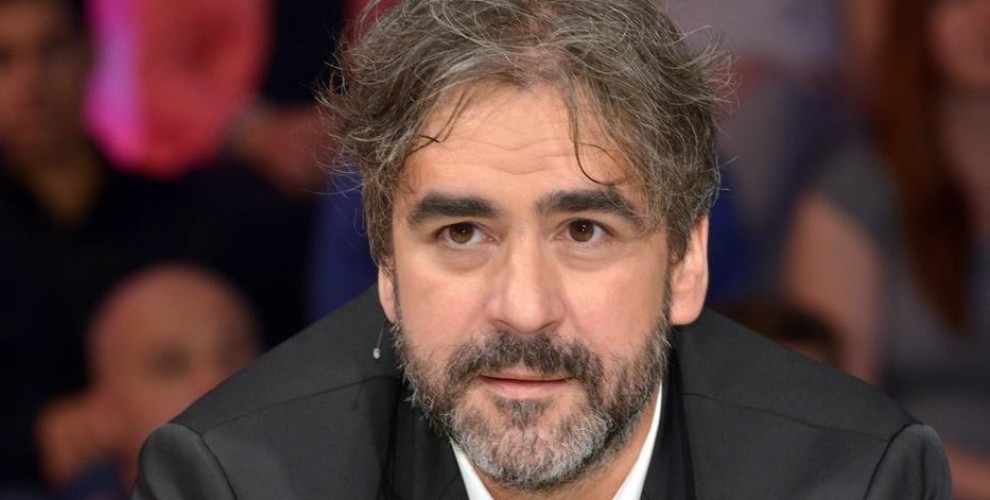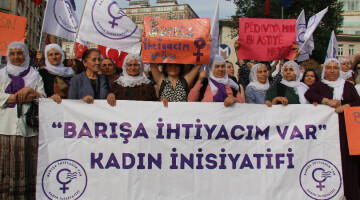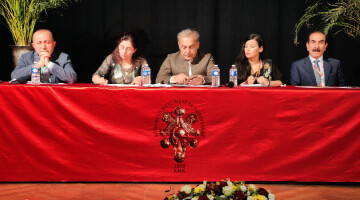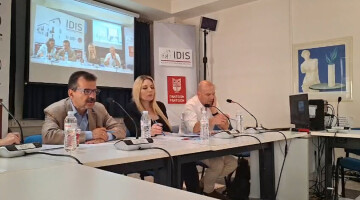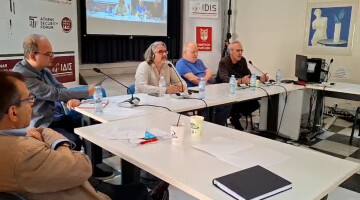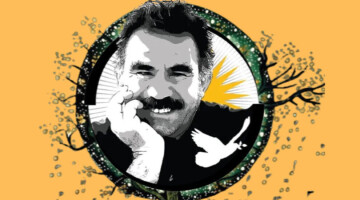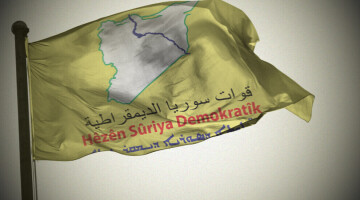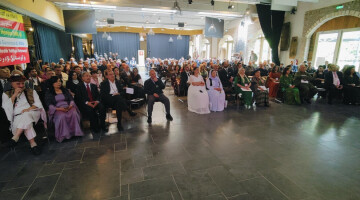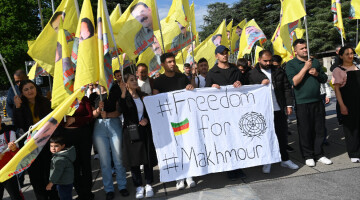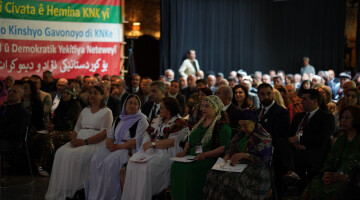Turkish Foreign Minister Mevlut Çavuşoğlu will be arriving in Germany today to meet with counterpart Sigmar Gabriel. Çavuşoğlu is expected to make fresh negotiations with the Merkel government in a visit to the German town of Goslar, Gabriel's hometown, as part of a return visit to Antalya last November.
Before the visit, Gabriel gave an important statement for the German citizens held hostage by the Erdogan regime. Speaking to the new issue of the weekly Der Spiegel, the Social Democratic Party (SPD) politician made the following appeal to Ankara:
"Turkey is a NATO member and our partner in the fight against IS (Islamic State). Despite this, the federal government does not give its approval to the many arms exports to Turkey. This situation will not change until the Deniz Yücel case reaches a solution."
Noting that the situation of German prisoners in Turkey is important for Germany, Minister Gabriel stressed that "Relations between both countries will not improve as long as we are not in dialogue with each other," hinting that the doors were open for deals.
Maria Adebahr, the spokeswoman of the German Foreign Ministry, made assessments on the visit of Çavuşoğlu at a press conference in Berlin yesterday. Stating that the visits were a mark of effort by the two sides to improve relations, the spokeswoman noted that the two ministers' meeting would address a number of issues. The spokeswoman said that the situation of Germans jailed in Turkey were at the forefront of these talks.
After the release of Peter Steudtner, a human rights activist among the Erdogan regime's prisoners, on October 25, the Berlin-Ankara friendly relationship period resumed. Followed by the release of Meşale Tolu and finally David Britsch, the number of German citizens arrested in Turkey for political reasons in recent years has fallen to seven. However, what has been received in exchange for the release of German hostages by the Erdogan government is nont disclosed to the public.
After Gabriel's words, it is understood that the hostages will be exchanged for weapons. Gabriel announced in September last year that Turkey had applied many times to buy weapons from Germany, before being rejected. Gabriel had said "Turkey's arms requests are pending" and so for the first time it has emerged that a NATO country rejected the arms request of another NATO country.
ARMS SALES DIDN'T STOP, REDUCED INSTEAD
In Germany, the government must approve the foreign sales of arms companies. During this time, however, despite the tensions and crisis between the Merkel government and the Erdogan regime, Germany continues to trade arms with the Turkish state. In the first four months of 2017 alone the Turkish army bought weapons and ammunition worth 5,600,000 euros from German weapon companies.
This information was revealed by the German Ministry of Economics last August, in response to a parliamentary question concerning the arms trade with Turkey from the Left Party. Last year, German arms company Rheinmetall was found to have produced 7 billion euros worth a thousand panzers in Turkey. In November 2015, Erdoğan's photographs from the invitation of Rheinmetall's managers to his palace for this matter were also circulated in the press.
However, it appears that the Erdogan regime is seeking dirty deals over the jailed Die Welt Turkey correspondent Deniz Yücel, who was detained in Istanbul on February 2017. Yücel was taken into custody on February 14 in the Istanbul Security Directorate, where he went to testify under the investigation carried out on the news reports of Turkish Energy and Natural Resources Minister Berat Albayrak's e-mails.
While deemed by Erdogan as a "PKK member" and "German agent", Yücel, who is still waiting for an indictment, was kept in isolation for months. After the German police attacked the Kurds in Dusseldorf on November 4 and the unofficial meeting of Gabriel and Çavuşoğlu in Antalya the same day, Yücel was transferred from the single cell.

